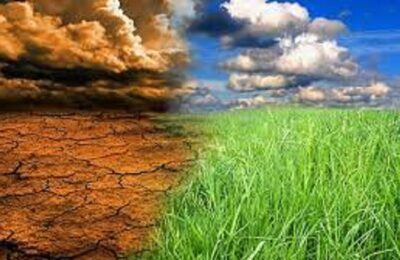The Media Advocacy West Africa (MAWA-Foundation) and Divine Era Development and Social Rights Initiative (DEDASRI), both non-governmental organizations with funding support from Publish What You Pay (PWYP), on Thursday commenced “Disclose the Deal Campaign Nigeria Project”.
Disclose The Deal is a global campaign for the comprehensive disclosure of all contracts relating to the extraction of oil, gas and mineral resources, led by Publish What You Pay (PWYP), a global movement of more than 1,000 member organizations campaigning for open and accountable extractive industries and a people-centered transition to a low-carbon economy.
To commence the project, both organizations on Thursday, held a one-day consultation meeting with stakeholders from the oil and gas industry, Media, Civil Society Organizations (CSOs), lawyers, Ministry Department and Agencies (MDAs).
The meeting which marked the beginning of the Disclose the Deal Campaign Nigeria Project, provided the forum for stakeholders’ participation in the project design and implementation. An approach we believe will lead to the project’s acceptability, success, and sustainability.
The “Disclose the Deal Campaign Nigeria Project” aims to improve the culture of transparency and accountability in Nigeria’s extractive sector in line with the EITI principles. The project will also interrogate Nigeria’s funding for natural gas and how it aligns with the global agenda on Energy Transition that focuses on phasing out fossil fuel.
The Disclose the Deal Campaign is most fundamental in the extractive industry because non-disclosure makes monitoring and compliance difficult for the citizens, media, and all interested stakeholders. And, this further, makes it difficult for the citizens to ensure public revenue maximization and involvement in the conversations.
Audu Liberty Oseni of MAWA explained that “we will leverage the Disclose the Deal Campaign to educate the citizens, mainly policymakers, to begin to place demand for contract disclosure and improve conversation on phasing out fossil fuel in line with the global energy transition agenda.”




